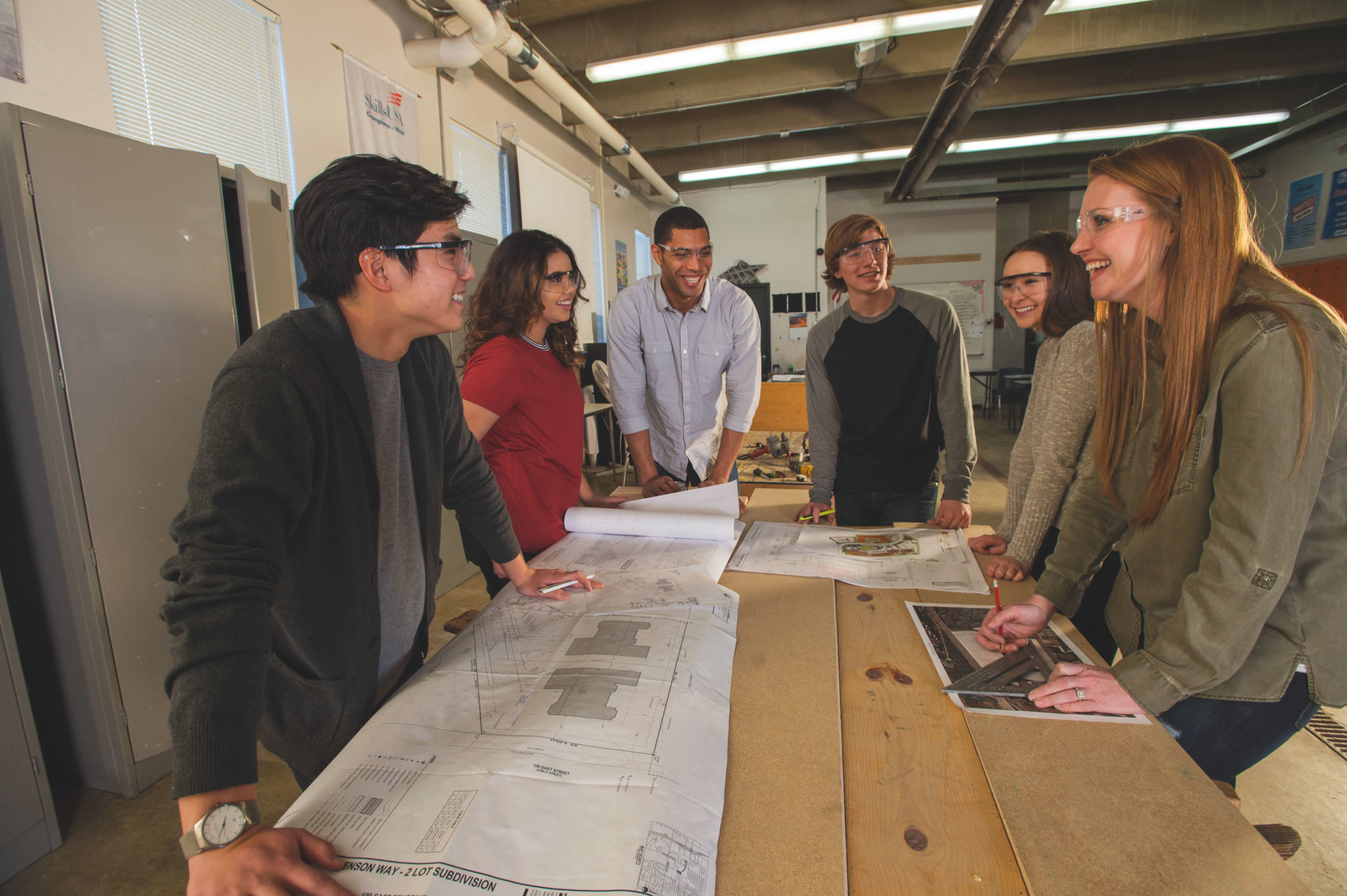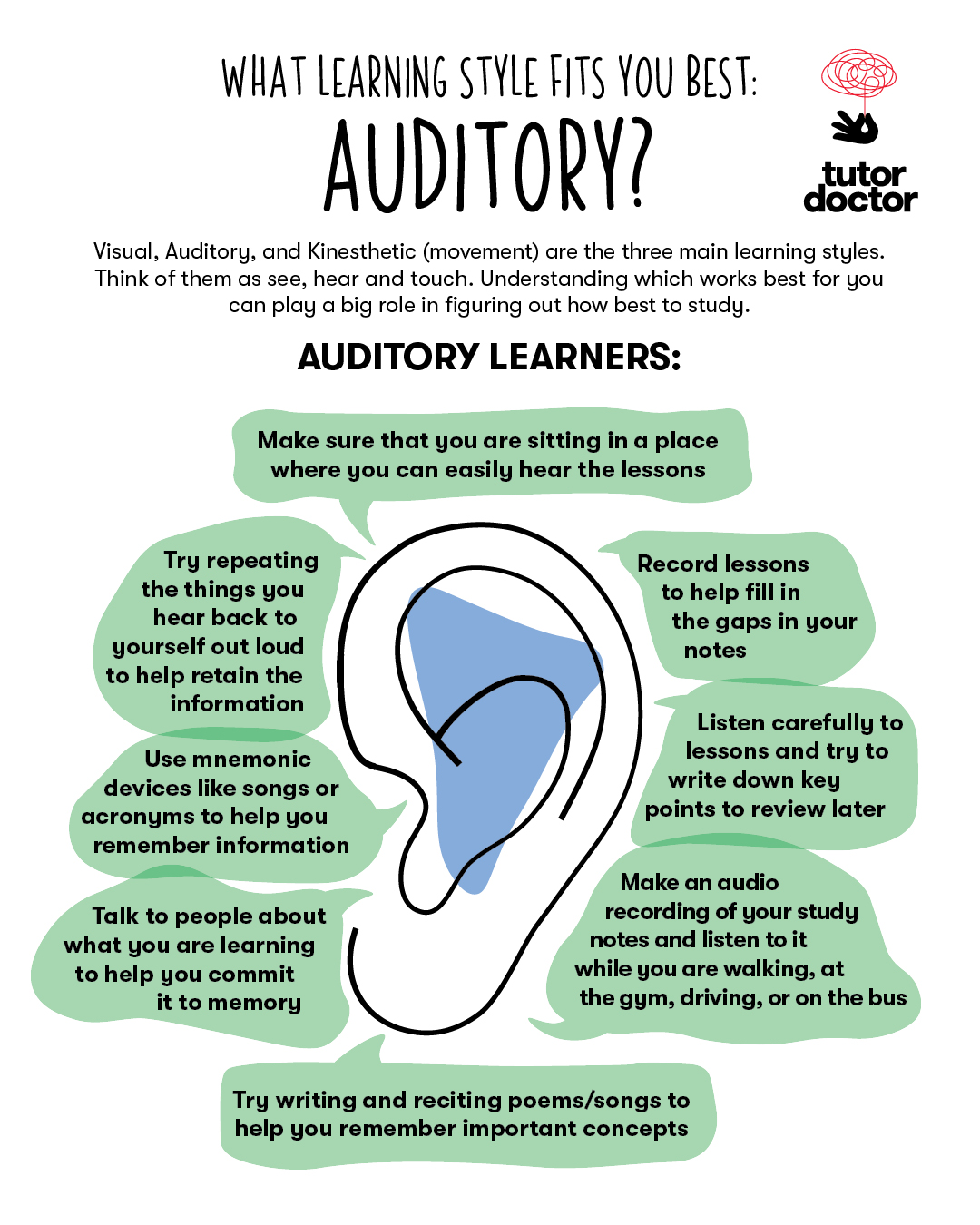

John is working in an android game development company – XBX Digital Works, as a software developer and game programmer. Now, the question is, how effective are you in your learning process and how well can you reap the benefits later? The ebb and flow of the work are serving dividends to his efforts at being the over-achiever that he is. Jacob is delivering an amazing work-rate and is doing his job with dedication and style. The more that you will learn, the more places you will go. The more that you read, the more things you will know. Jacob is overjoyed, and his performance levels are off-the-chart since. His manager understands the situation and gives Jacob the perfect role for his learning styles and implementation. Once he joined work, he approached his manager and informed him of the work styles that suit him. He is trying for a job where he can learn and acquire information, and his affinity towards codes and computers made software development his go-to option. He can grasp tough concepts with relative ease and is quick to identify the correct approach to problematic situations.

Jacob has been a great learner from his early days. Similarly, at a job, how you retain information and use it plays a major role in expanding your knowledge base. Remember how you loved going to those computer classes and rarely ever found History or Psychology even remotely interesting? It’s because of the way your brain processes information, thereby dictating your approach. Learning and acquiring skills and knowledge start right from school.
#Auditory learner jobs how to
How to improve your learning style? What is the relation between learning styles and finding a job? What is the relation between learning styles and finding a job?

Here’s a brief rundown of what we’ll cover: The truth is, in today’s world which revolves around learning more, knowing more and better skills - it is only fair for employers to look for people who’re willing to grow and improve themselves. Tell me and I forget, teach me and I may remember, involve me and I learn. There are two distinct continuums in relation to this – approach to a task, often also referred to as reflective observation continuum, and an emotional response, which is also identified as concrete experience continuum. David Kolb, in 1984, came up with the definitions of learning styles on the basis of the ability of people to perceive and process data.


 0 kommentar(er)
0 kommentar(er)
